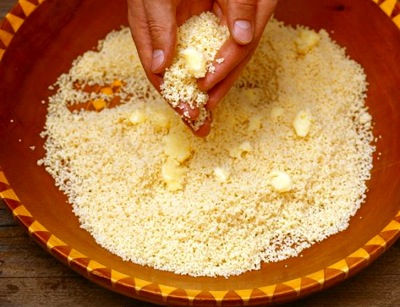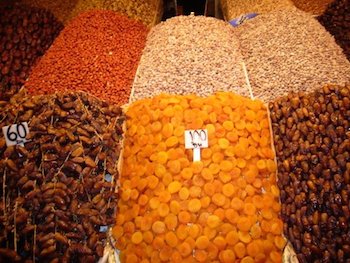Ramadan Ambiance in Morocco, Your Morocco Travel Guide
Ramadan in Morocco and other Islamic countries is an unusual time when in addition to heightened spirituality, a special atmosphere permeates the culture unlike the rest of the year. This is even more true when the month falls outside of the school year, as most of it does this year, 2010. Normal schedules are completely turned around during Ramadan, and people enjoy special foods and family celebration.




